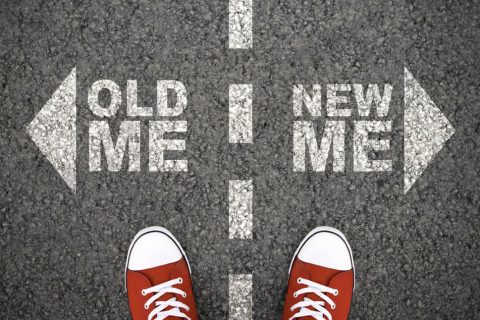What Are the Best Ways to Prevent Relapse?

Relapse is a common and natural part of recovery from substance abuse or mental health disorders. However, it is not inevitable.
Understanding the best ways to prevent relapse and implementing effective prevention strategies can significantly increase the chances of long-term recovery.
Keep reading to explore relapse prevention options that help with addiction treatment!
Understanding Relapse
Before diving into how to prevent relapse, it’s crucial to understand what relapse is.
A relapse occurs when someone returns to using substances or engaging in detrimental behaviors after abstinence or improvement.
It’s often a sign that treatment needs to be adjusted or that additional support is needed.
How Common Are Relapses?
Relapse is prevalent among individuals with substance abuse and mental health disorders.
Studies show that relapse rates for addiction to alcohol, opioids, cocaine, and other substances range from 40 to 60 percent.
Similarly, the rate of relapse with co-morbid disorders is high.
The relapse rate for depression is also high; 50-70% of people who have had a single episode of major depressive disorder will experience at least one additional episode within five years.
What Are the Three Stages of Relapse?
Relapse is a process that consists of three stages: emotional, mental, and physical. Each step includes behaviors or thoughts that can lead to relapse if not addressed.
Emotional Relapse Stage
The emotional stage involves feeling overwhelmed by stressors and emotions and struggling with negative feelings like loneliness or depression.
In this stage, it’s essential to identify the triggers and build healthy coping skills.
Mental Relapse Stage
The mental stage is characterized by thoughts of returning to substance use or other harmful behaviors.
Rationalizations and excuses often accompany these as to why the person should return to their old habits.
Challenging these unhealthy thoughts with positive self-talk and problem-solving strategies is essential.
Physical Relapse Stage
The physical stage involves engaging in the behavior. Feelings of restlessness or physical cravings often precede this.
In this stage, healthy distractions and activities must be identified and practiced regularly to avoid relapse.
What Are the Best Ways to Prevent Relapse?
Here are some of the most effective prevention strategies that anyone on the recovery journey can use:
Learn to Identify Triggers
Triggers can cause a person to have cravings or thoughts of returning to their old habits.
These could include stress, certain people, places, or emotional states. Identifying and learning how to manage these triggers is one of the best ways to avoid relapse.
Develop Healthy Coping Mechanisms
Instead of turning to substances or harmful behaviors when faced with stress or negative emotions, developing healthy coping mechanisms is essential.
This could include exercise, meditation, journaling, or talking to a trusted friend or family member.
Stay Connected with Your Support Network
Isolation can quickly lead to relapse.
Healthy relationships with supportive people, whether friends, family, or support group members, can provide the strength needed to stay on the path of recovery.
Continue with Your Addiction Treatment Program
Even when things are going well, it’s essential to continue attending therapy sessions, taking prescribed medications, and following other recommended treatments.
This will help maintain the progress made and prevent any potential setbacks.
Take Care of Your Physical Health
Good physical health can significantly impact mental health.
Eating a balanced diet, regular exercise, and ensuring you get enough sleep can all help maintain a balanced mood and reduce cravings.
How to Implement Relapse Prevention Strategies
Knowing the best ways to prevent relapse is one thing, but implementing these relapse-prevention strategies is another.
Here are some tips for putting these strategies into action:
Make a Prevention Plan
Write down your triggers, what you’ll do when encountering them, who you can call for support, and what healthy coping mechanisms you’ll use.
Having a plan in place makes it easier to act when needed.
Practice Self-Care
Make sure you take time each day to relax, enjoy a hobby, or do something else that brings you joy.
Self-care is vital for maintaining mental health and preventing relapse.
Stay Committed
Recovery is a journey, not a destination.
Stay committed to your recovery, even when it’s challenging. Remember why you started this journey and how far you’ve come.
Seek Professional Help
If you find implementing these strategies challenging, don’t hesitate to seek professional help. Therapists and counselors trained in relapse prevention can provide valuable guidance and support.
Discover How Reign Can Help You Develop Relapse Prevention Strategies in South Florida
Reign Residential Treatment Center is dedicated to helping those in addiction recovery stay on the path of sobriety.
Our experienced team provides comprehensive care through evidence-based therapies, dual diagnosis treatment, and aftercare strategies.
We are here to provide the tools and support you need to maintain sobriety for a lifetime.If you or a loved one are struggling with substance abuse, contact us today to learn more about our programs and how we can help.





